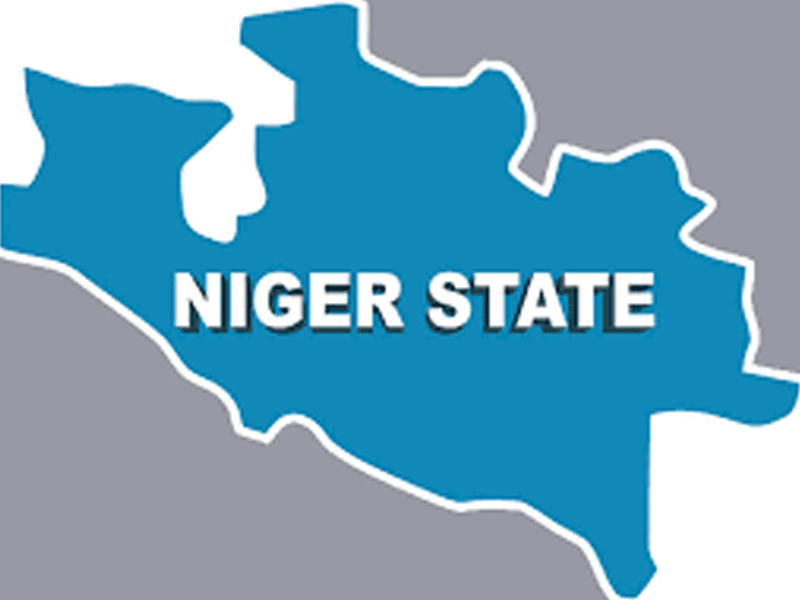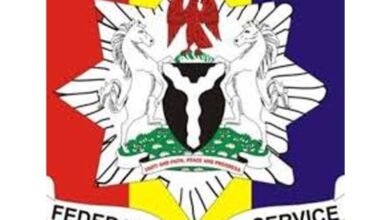Where to Collect PVCs in FCT for Council Polls


The Independent National Electoral Commission has released the full list of centres for the collection of Permanent Voter Cards across the Federal Capital Territory ahead of the February 21 Area Council elections.
INEC disclosed on Tuesday that PVC collection will take place from Thursday, January 22 to Monday, January 26, 2026, between 9am and 3pm daily, at designated Registration Area (Ward) centres across the six Area Councils.
The Commission stated that eligible voters who are unable to collect their PVCs during the ward-level exercise can do so afterward at INEC Area Council offices.
In a post on its official X (formerly Twitter) handle, INEC said, “Dear #FCT Resident, as we prepare for the February 21st Area Council Election, INEC is bringing your PVC closer to you.
“From Jan 22–26, 9am–3pm daily, visit your Registration Area (Ward) to collect your Permanent Voter Card (PVC). After the 26th, collection continues at INEC Area Council Offices.”
INEC also reiterated that only registered voters with valid PVCs will be allowed to vote, adding that the Bimodal Voter Accreditation System will be deployed for the election.
CENTRAL FCT
INEC FCT Office, No. 10 Olusegun Obasanjo Way, Area 10, Garki, Abuja
ABAJI AREA COUNCIL
INEC Abaji LGA Office, Civil Defence Compound, beside Secretariat
Abaji Central Primary School
Abaji North East Primary School
Abaji South East Primary School
LEA Primary School Agyana/Pandagi
Rimba/Ebagi Primary School, Rimba
LEA Central Primary School, Nuku
LEA Primary School Alu Mamagi
LEA Primary School Yaba
LEA Primary School Gurudi
LEA Primary School Gawu
BWARI AREA COUNCIL
INEC Bwari LGA Office, adjacent Primary Healthcare Centre
Pilot Science Primary School, Bwari
Government Day Secondary School, Bwari
LEA Primary School Igu
LEA Primary School Shere Koro
LEA Primary School Kawu
LEA Primary School Ushafa
LEA Primary School Dutse Alhaji
LEA Primary School Byazhin
LEA Primary School Kubwa II
LEA Primary School PW Kubwa
GWAGWALADA AREA COUNCIL
INEC Gwagwalada LGA Office, along Sharia Court Road
Demonstration Primary School, Gwagwalada
Kutunku Pilot Primary School
Phase III Primary School
Ibwa Primary School
Sarki Dobi Primary School, Dobi
Paiko Primary School
Tunga Maje Primary School
Zuba Primary School
Ikwa Primary School
Gwako Primary School
KUJE AREA COUNCIL
INEC Kuje LGA Office, beside FCMB Bank, Plot 33A, Sauka Extension
Pilot Science Primary School, Kuje
LEA Primary School Chibiri
LEA Primary School Gaube
LEA Primary School Kwaku
LEA Primary School Kabi Kassa
LEA Primary School Rubochi
LEA Primary School Gwagwada
LEA Primary School Gudun Karya
LEA Primary School Kujekwa
LEA Primary School Yenche
KWALI AREA COUNCIL
INEC Kwali LGA Office, KDA 301, Phase II, Unity Bank Road
Pilot Science Primary School, Kwali
Yangoji Primary School
Paiko Primary School
Kilankwa I Primary School
Dafa Primary School
Kundu Primary School
Ashara Primary School
Piri Primary School
Wako Primary School
Kwaita Primary School
MUNICIPAL AREA COUNCIL
INEC Municipal LGA Office, beside Magistrate Court, Karu
GSS Festival Road, Area 10, Garki
LEA Primary School Garki Village
LEA Primary School Kabusa
GSS Wuse Zone 3
GSS Lifecamp, Gwarinpa
LEA Primary School Gosa, Airport Road
Development Centre, Karshi
LEA Primary School Orozo
LEA Primary School Ungwan Peshe, Karu
GSS Nyanya
LEA Primary School Gwagwa
GSS Jiwa





